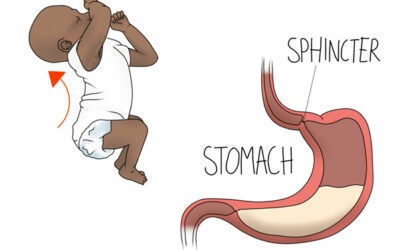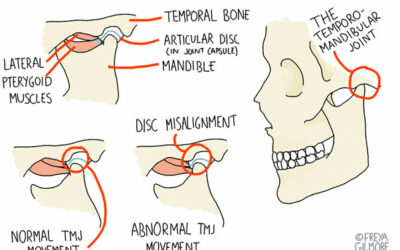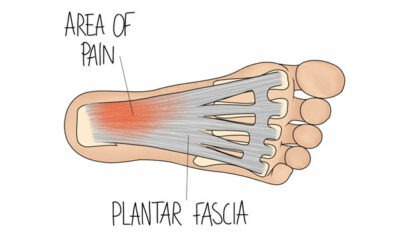 It’s exam season, that time of year when plenty of young people are feeling the pressure of performing well. Some take it in their stride, but for others exams and revision weigh heavy on their young shoulders and can be a trigger for anxiety and stress.
It’s exam season, that time of year when plenty of young people are feeling the pressure of performing well. Some take it in their stride, but for others exams and revision weigh heavy on their young shoulders and can be a trigger for anxiety and stress.
Exam stress manifests itself in various ways. Young people experiencing stress may be irritable, sleep badly, lose their appetite, worry a lot and appear negative or even depressed. They may also complain of recurrent headaches and stomach pains.
There are, of course, ways to deal with anxiety and stress and many of the complementary therapies offered by our therapists here at Good Health Centre can help.
Acupuncture
Acupuncture is an ancient and holistic system of healing. According to traditional Chinese philosophy, our health is dependent on the body’s energy (known as Qi) moving smoothly through a series of channels, or meridians, beneath the skin. Qi is made up of equal and opposite parts: Yin and Yang.
Stress and anxiety can affect the balance of Yin and Yang in our bodies, affecting our wellbeing. By inserting needles at specific points in the body, acupuncturists restore the balance of Qi and the body’s overall health.
For stress and anxiety acupuncture works by acting on areas of the brain known to reduce sensitivity to pain and stress, as well as promoting relaxation and deactivating the analytical part of the brain, responsible for anxiety and worry. It’s also thought that acupuncture regulates levels of certain hormones in the brain, altering mood.
Find out more about acupuncture at Good Health Centre.
Reiki
Traditional Japanese method of healing Reiki encourages the flow of an invisible life energy throughout the body to promote wellbeing and stimulate healing. Stress and anxiety can weaken the flow of energy through the body. A Reiki practitioner uses gentle hands-on healing techniques – often without actually touching the body – to help restore the flow of energy throughout the body and reduce any blockages that may have been caused by stress and anxiety or illness.
Reiki’s healing powers are extremely profound and work on physical, emotional and spiritual levels. While thought to be extremely effective for physical issues, it’s believed that Reiki can be just as effective for emotional issues such as stress. This is because it heals on an emotional level, and can also teach people how to relax.
Find out more about Reiki treatments at Good Health Centre.
Homeopathy
Some homeopathic remedies can work with the body’s natural healing process to help deal with stress and anxiety.
A homeopath works closely with individuals listening to them and finding out exactly how they are feeling. With homeopathic remedies, the aim is to match the symptoms to a remedy as closely as possible.
Homeopathic remedies are a natural, safe and an effective form of relief for both emotional and physical stress. There are a number of common remedies that can be taken as needed, particularly when feelings of anxiety are at their strongest, for example right before an exam.
Find out more about homeopathy at Good Health Centre.
Simple, relaxation techniques can also help to ease anxiety around exams and tests. We like the Headspace app, which teaches mindfulness techniques as a way to deal with modern life and is a great place to start for someone who has never tried any relaxation techniques before.
And you just can’t beat moving around! Try to encourage your child to get out of their study room regularly throughout their revision days. Physical activity – even something as simple as a daily 20 minute walk – can release endorphins in the brain, easing anxiety and helping boost mood.
Other practical tips for helping young people through their exam stress can be found on the YoungMinds website.



0 Comments